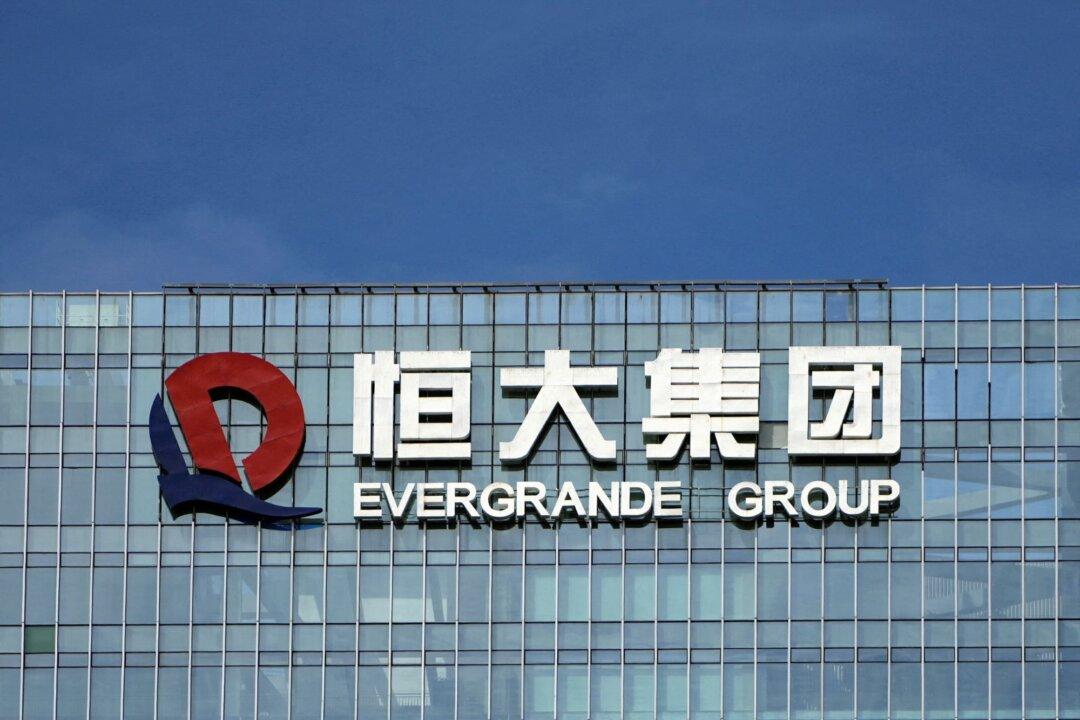The default of Chinese real estate giant Evergrande, as well as the firm’s ostensibly “dubious financial and accounting practices” pose risks to U.S. investors, Sens. Marco Rubio (R-Fla.) and Todd Young (R-Ind.) said. In light of this, they called for increased risk disclosures and due diligence on the part of registered investments funds that invest in China.
“The simple truth is that Chinese companies provide insufficient transparency and accountability,” the senators wrote in a Feb. 17 letter to Securities and Exchange Commission (SEC) Chairman Gary Gensler. “Too many U.S. investors—especially passive investors in mutual funds and ETFs that track indexes—are not fully aware of these unseen risks.”





